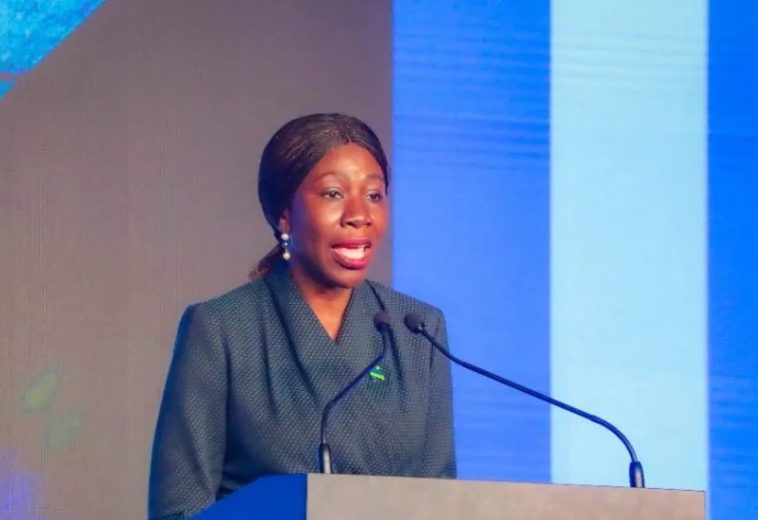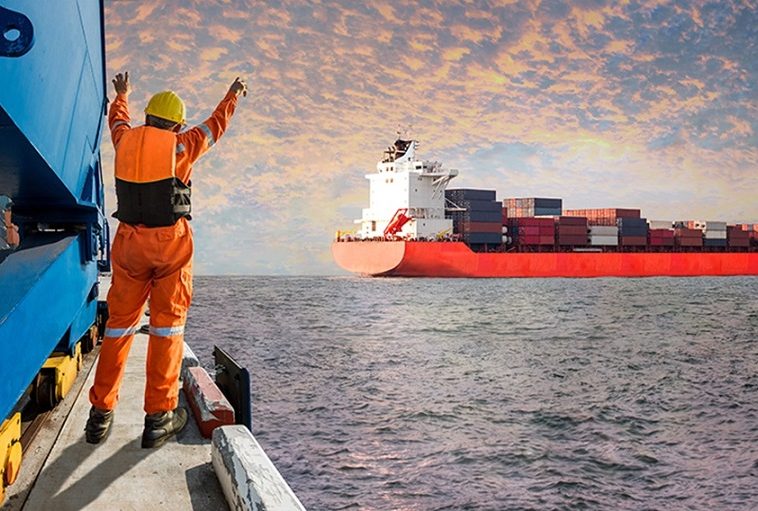The African continent has called for the implementation of the commitments and policies agreed upon at COP28, which took place in the United Arab Emirates in 2023.
This call was made by the President of Seychelles, Wavel Ramkalawan, during his address to world leaders at the ongoing 79th session of the United Nations General Assembly in New York, United States.
President Ramkalawan argued that, with global emissions continuing to rise by 1.5% annually, a drastic reduction of 7% per year by 2030 is essential to keep the goal of limiting global warming to 1.5°C within reach. He estimates that a staggering $100 billion will be required annually to mitigate the effects of climate change.
The Intergovernmental Panel on Climate Change (IPCC) has attributed approximately 1.1°C of warming since 1850–1900 directly to greenhouse gas emissions from human activities. Over the next 20 years, global temperatures are projected to rise further, likely reaching or exceeding 1.5°C. This projection is based on improved observational data and advances in understanding how the climate responds to human-caused emissions.
COP28 Highlights
The COP28 UN Climate Change Conference, held in Dubai, United Arab Emirates, drew 85,000 participants, including more than 150 Heads of State and Government, alongside representatives from national delegations, civil society, businesses, Indigenous Peoples, youth, philanthropy, and international organisations. The conference took place from 30 November to 13 December 2023.
COP28 Commitments and the “Code Red”
The UN Environment Programme (UNEP) estimates that $300 billion annually will be required by 2030 to cover adaptation efforts alone in developing countries. To achieve the goals of the energy transition, a massive investment of $4.5 trillion in clean energy infrastructure is needed by 2030, according to the World Economic Forum. To meet this challenge, 117 countries agreed to triple global renewable energy capacity to over 11,000 gigawatts (GW) by 2030 and to double the rate of energy efficiency improvements each year within this decade. These ambitious targets are crucial for keeping the global temperature rise within the 1.5°C limit and ensuring a sustainable future for our planet.
The summit also emphasised the need for a 43% reduction in global emissions by 2030, a reduction critical to preventing the most catastrophic consequences of climate change. However, while these commitments are bold, the reality is that countries are not yet on track to achieve these targets.
Africa, in particular, remains underfunded in its efforts to transition to clean energy and build resilience against climate impacts. Although global initiatives to mobilise climate finance are ongoing, the continent continues to face significant barriers in accessing these funds. As a result, many African nations have called for increased financial support and reforms in the international financial system to ensure more equitable distribution of funds.
What’s Still Missing?
Despite the progress made at COP28, there are several key areas where the summit’s outcomes fell short. The implementation of the Loss and Damage Fund—though a critical achievement—marks just the beginning. The fund still requires substantial financial backing, with estimates indicating that billions more will be needed annually to compensate for the losses and damages caused by climate change.
Furthermore, Africa and other developing regions have highlighted the lack of clear, binding commitments from wealthy nations to provide the necessary climate finance. While there has been some progress towards setting a new collective quantified goal for climate finance, many argue that the pace of these negotiations is too slow, and existing pledges remain unmet. For example, the long-promised $100 billion per year from developed nations for climate finance has not yet been fully delivered.
Another area lacking progress is the reform of the multilateral financial system. African leaders have consistently underscored the need for changes to international financial institutions to ensure that climate finance can be more easily accessed by vulnerable countries. Without these reforms, many African nations may struggle to implement the projects needed to meet both national and global climate targets.
READ ALSO: UNGA 79th Session: Guterres Calls for Permanent African Seat on UN Security Council
The outcomes of COP28, while significant, highlight the growing divide between promises and action in the global fight against climate change. For Africa, the road ahead requires not only the fulfilment of financial pledges but also the implementation of global policies that prioritise vulnerable nations.
The funding needed to address climate-related damages and meet the UN’s climate goals is substantial, and as time runs out, the need for increased global collaboration and more effective financial mechanisms is more urgent than ever.
African nations, already disproportionately affected by the climate crisis, are now demanding the enactment of the promises made at COP28. The path to climate justice is paved not just with words but with meaningful actions—and for Africa, that time is now




